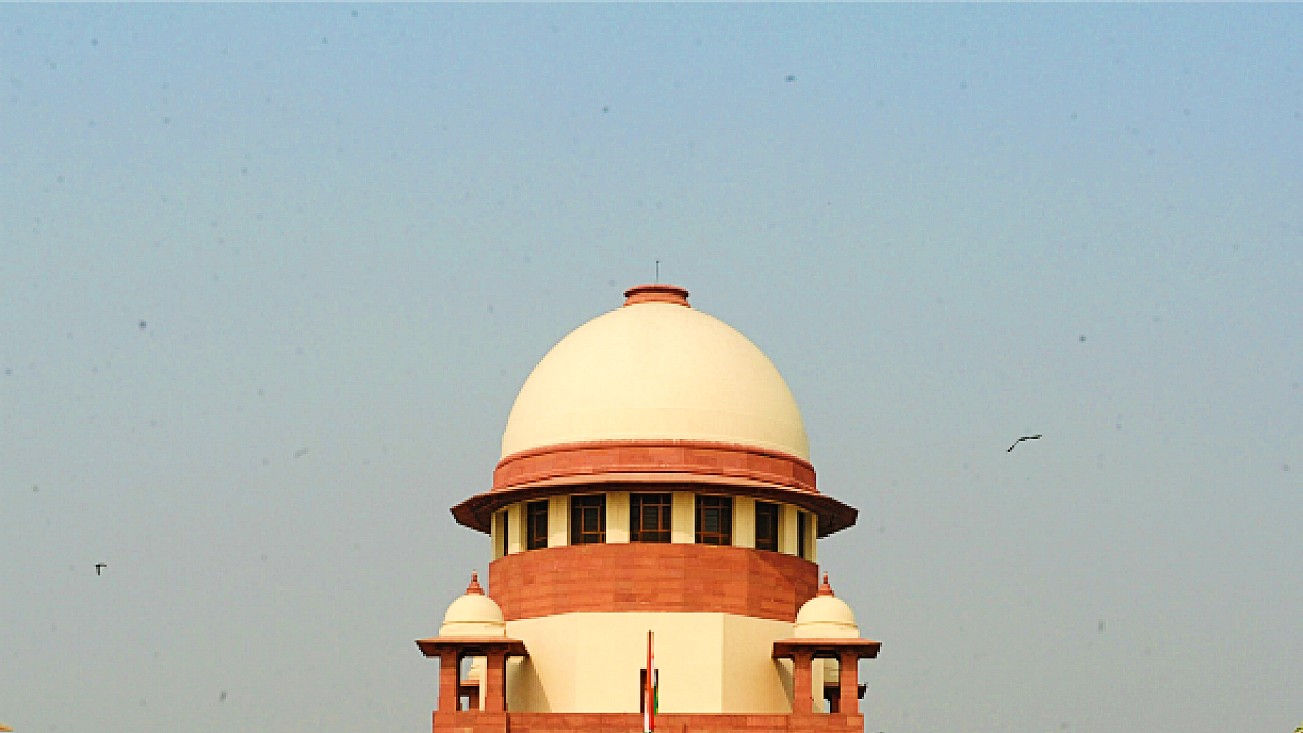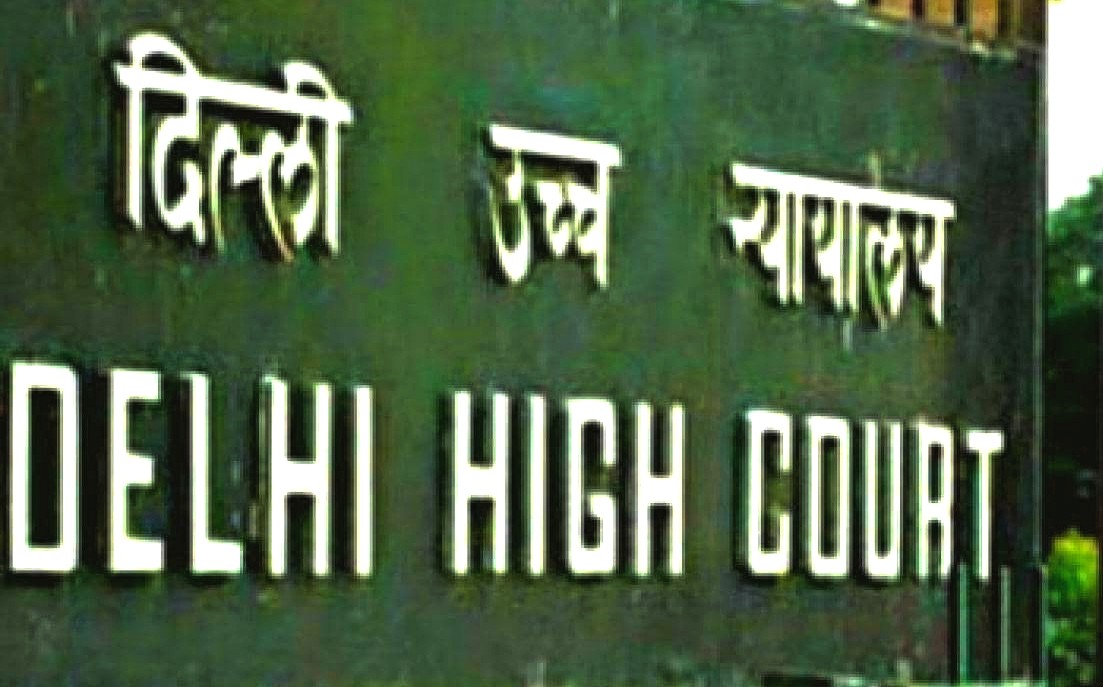Top Court confirms DRT's decision of setting aside auction sale where mandatory notice of 30 days as prescribed under Security Interest (Enforcement) Rules, 2002 was not given by bank to borrower
Justices Vikram Nath & Satish Chandra Sharma [18-04-2024]

Read Order: GOVIND KUMAR SHARMA & ANR v. BANK OF BARODA & ORS [SC- CIVIL APPEAL NO. 5028 OF 2024]
LE Correspondent
New Delhi, April 22, 2024: In a case where the Bank of Baroda had not followed the statutory procedure prescribed under the Security Interest (Enforcement) Rules, 2002, by not issuing the notice to the borrower as required under Rules 8(6) and 8(7), the Supreme Court has upheld the decision of the Debt Recovery Tribunal (DRT) to set aside the sale.
The firm-respondent no.3, in this case, had taken a loan from the respondent no.1-Bank. However, as it went into default, the Bank initiated proceedings under the Securitisation and Reconstruction of Financial Assets and Enforcement of Security Interest Act, 2002 (SARFAESI Act). In the said recovery proceedings, the Recovery Officer conducted an open auction. The appellants were the highest bidder. Their bid was accepted and they made good the deposits as per the terms of this auction. Accordingly, a sale certificate was issued.
The appellants were tenants of the borrower in the premises in question which had been put to auction. As such the status of the appellants changed from that of tenants to that of owners after the sale was confirmed. The borrower-respondent nos.3 and 4 filed a securitization application under Section 17 of the SARFAESI Act for setting aside the sale on the ground that notice as required under Rules 8(6) and 8(7) prescribed under the Security Interest (Enforcement) Rules, 2002.
The DRT, after examining the matter, came to the conclusion that the Bank itself had admitted that the statutory compliance under the above rules had not been made and as such proceeded to set aside the sale.
In effect the DRT, after setting aside the sale, further proceeded to direct the Bank to refund the auction money with interest only after receiving possession of the property from the auction purchaser within 15 days thereof. The borrower was directed to pay the dues of the Bank within 15 days with up to date interest, failing which the Bank would be at liberty to proceed further under the SARFAESI Act for recovery of its dues.
The appellants preferred an appeal before the DRAT which came to be dismissed. Thereafter the appellants approached the High Court by way of a Writ Petition which was dismissed by the impugned judgment and order, giving rise to the appeal before the Top Court.
In view of the concurrent finding based on the admission by the Bank that mandatory notice of 30 days was not given to the Borrower before holding the auction/sale, the Division Bench of Justice Vikram Nath & Justice Satish Chandra Sharma opined that the setting aside of the auction/sale couldn't be faulted with and the same had to be approved.
As per the Bench, once the sale is set aside, the status of the appellants as owners would automatically revert to that of tenants. The status of possession at best could have been altered from that of an owner to that of tenants but Bank would not have any right to claim actual physical possession from the appellants nor would the appellants be under any obligation to handover physical possession to the Bank. The DRT fell in error on the said issue. Therefore, the Bench held that the direction issued by the DRT that the Bank will first take possession and thereafter refund the auction money with interest applicable to fixed deposits, was not a correct direction.
It was further observed that as of date the dues of the Bank had been fully discharged and an additional amount of the auction money was lying with the Bank since 2009. This amount was to be returned to the appellants. In such facts and circumstances of the case, the Bench opined that rate of interest on the auction money had to be enhanced.
“Considering the fact that the money of the Bank is also public money, we feel that interest of justice would be best served if the auction money with 12 per cent per annum compound interest is returned to the appellants. Such interest be calculated from the date of deposit till the date it is actually paid”, it added.
There was some dispute between the Bank and the borrower that there could be minor adjustments still left.It was observed by the Bench that if any additional amount is lying with the Bank, the same would be returned to the borrower and if any amount is still due to be paid, the borrower would pay the said amount to the Bank. The Bank and the borrower had both agreed to make the said adjustments.
Thus, affirming the decision of setting aside of the auction sale, the Bench held that the status of the appellants as tenants shall stand restored leaving it open for the borrower as owner of the property to evict the appellants in accordance to law.The entire auction/sale money lying with the Bank (R-1 & 2) has been asked to be returned to the appellants along with compound interest @12 per cent per annum to be calculated from the date of deposit till the date of payment.
Lastly, the Bench concluded the matter by observing, “The Borrower Respondent nos.3 and 4 and the Bank–Respondent nos.1 and 2, would streamline their accounts and the Bank upon settlement of the same will issue a No Dues Certificate to the Borrower.”
Sign up for our weekly newsletter to stay up to date on our product, events featured blog, special offer and all of the exciting things that take place here at Legitquest.




Add a Comment